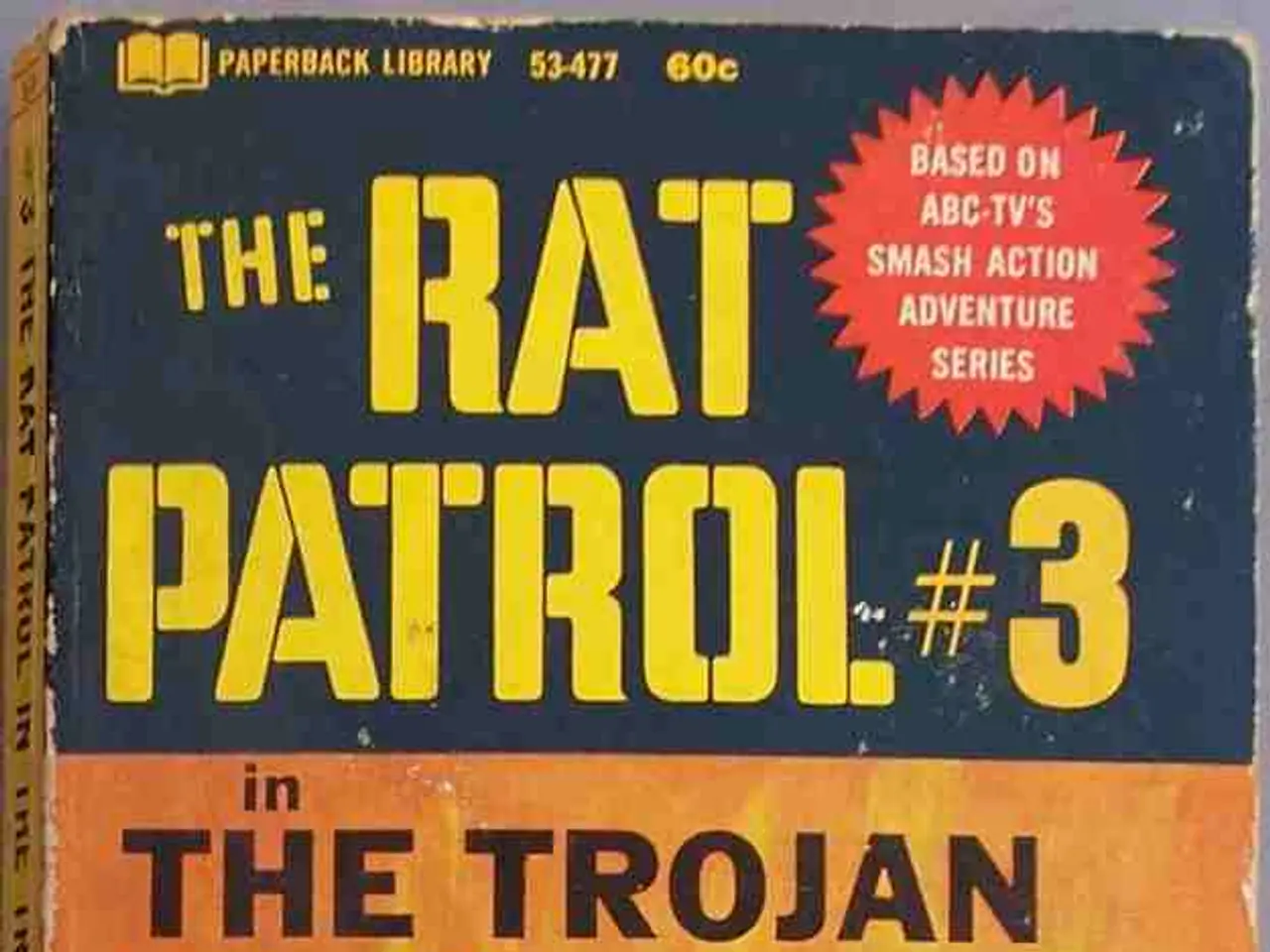Nuclear Disarmament Treaty Proposed by Kazakhstan amidst Intensifying Middle East Conflict
### Title: International Concerns Mount Over U.S. Military Actions Against Iran's Nuclear Program
In a series of unprecedented events, the United States launched a military operation against Iran's nuclear facilities on June 23, 2025. The U.S. strikes, codenamed Operation Midnight Hammer, have raised significant concerns globally, particularly in relation to nuclear non-proliferation.
The operation, which involved over 125 aircraft and seven B-2 Spirit bombers, targeted key Iranian nuclear infrastructure, marking the largest B-2 operational strike in U.S. history. The U.S. strikes resulted in the destruction of the Uranium Metal Conversion Plant at the ENTC, a facility crucial for producing dense uranium metal required for nuclear weapons. Additionally, the strikes sealed tunnel entrances storing enriched uranium at several facilities, making it difficult for Iran to access or recover the material.
The combined U.S. and Israeli strikes also rendered most centrifuges at Natanz and Fordow inoperable, significantly hindering Iran's enrichment capabilities.
The implications of these actions on regional stability and nuclear proliferation are uncertain. While the strikes have temporarily halted Iran's nuclear advancement, there is a risk of increased tensions and potential regional instability, potentially encouraging other nations to reassess their nuclear ambitions.
The international community's response to these events has been mixed. The involvement of the U.S. in the conflict has raised questions about the effectiveness of international non-proliferation efforts, such as the Nuclear Non-Proliferation Treaty (NPT), in preventing nuclear proliferation when major powers are involved.
Kazakhstan, a key player in the region, has expressed concern over the U.S. military actions against Iran. On June 22, the country released an official statement, urging the acceleration of an agreement to prevent nuclear weapon proliferation and ensure security guarantees for states complying with the non-proliferation regime under international oversight. The statement also called for a swift international agreement to prevent the spread of nuclear weapons.
President Donald Trump claimed that Iran's key nuclear sites were "completely and fully obliterated" by U.S. strikes, according to the White House. However, the international community is advocating for resolving all disputes, including those related to nuclear issues, through negotiations based on the United Nations Charter.
As the situation unfolds, it is clear that the international community must balance the use of military force with diplomatic engagement to address the root causes of nuclear proliferation. Kazakhstan remains committed to maintaining cooperation with Iran in various spheres, emphasizing the importance of dialogue in resolving conflicts and promoting peace and stability in the region.
- The ongoing war-and-conflicts between the United States and Iran over its nuclear program have raised escalating political tensions, with the international community questioning the effectiveness of politics and general news in preventing nuclear proliferation.
- Amidst the chaos of war-and-conflicts, Kazakhstan, a key player in the region, is advocating for political discussions and treaties, such as the Nuclear Non-Proliferation Treaty (NPT), to address the root causes of nuclear proliferation and ensure regional stability.








